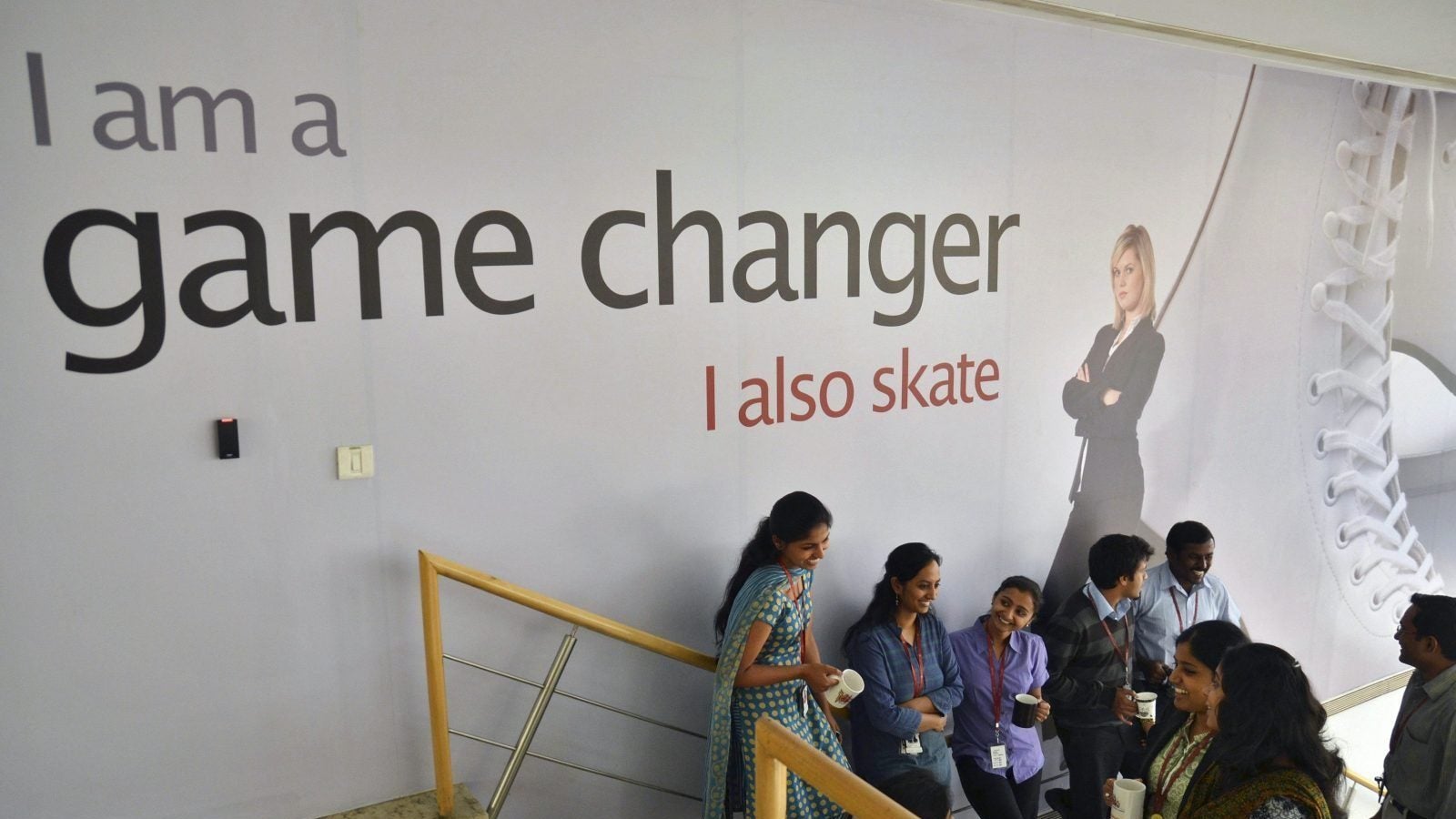Wanted at Indian tech firms: opinionated millennials
The CEO of India’s biggest mobile wallet firm, Paytm, recently sent out a tweet seeking applications for a product manager’s job. It read:


The CEO of India’s biggest mobile wallet firm, Paytm, recently sent out a tweet seeking applications for a product manager’s job. It read:
This one tweet succinctly conveys the hiring strategy of most Indian unicorns today. They are seeking millennials (those born between the early 1980s and the early 2000s) for leadership roles in departments that involve working with apps, mobiles, and pretty much anything digital.
“Non-millennials are desktop users converting to mobile, while we need more mobile natives—people who were born on mobile,” Sharma told Quartz. “Mobile products are fundamentally different from desktop and browser variants, and only mobile-native youngsters can understand and appreciate this fully,” he said.
And the young employees must also be opinionated.
“They should say ‘oh, this is how it should be’ and if they are able to tell that, then they are respected,” Sharma added.
Experts say Sharma isn’t alone in this kind of thinking.
While startups have for long tilted towards youngsters looking to experiment, now large firms are following suit. May of them have been launching digital initiatives and forming internal core groups to transition to a new age of business. In the process they are realising the importance of young, digital-savvy employees, said Vinay Pradhan, country manager for digital learning platform Skillsoft. “They are getting people who are millennials and who understand what digital is,” he said. In such teams, a person’s views are valued irrespective of how young and inexperienced he is, Pradhan added.
But how would this play out in the long run in India?
“This approach needs huge amounts of mentoring, ability to forget and forgive mistakes by founders, and an organisational culture that supports such hiring strategies. Over the long term, companies grow big and you need a combination of experienced, process-oriented staff as well as those who are new in the sector and ready to take more risks,” Amit Nandkeolyar, assistant professor of organisational behavior at the Indian School of Business, Hyderabad, said.
Unlike in the US, it is not illegal in India to seek employees of a certain age group or with a certain level of experience, but it isn’t a practice that will be sustainable in the long run, experts say. Hiring experienced employees, they believe, brings niche skills and proven quality, minimising the expense on training.
“They will need mid- and senior-level product managers who have experience in pricing, marketing, sales, and product launch. At that point, the experienced product managers would refuse to report to or closely work with junior employees. An ideal mix would be experienced and young talent with the right working chemistry and cultural fit,” Thammaiah BN, managing director of recruitment firm Kelly Services India, said.